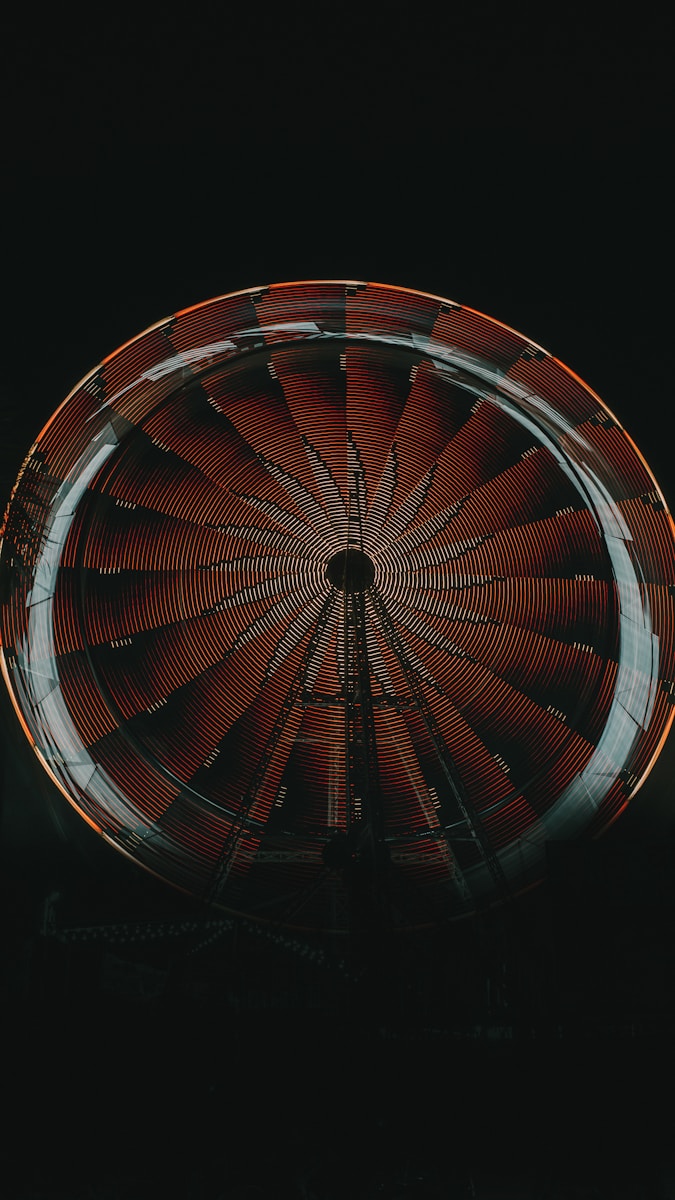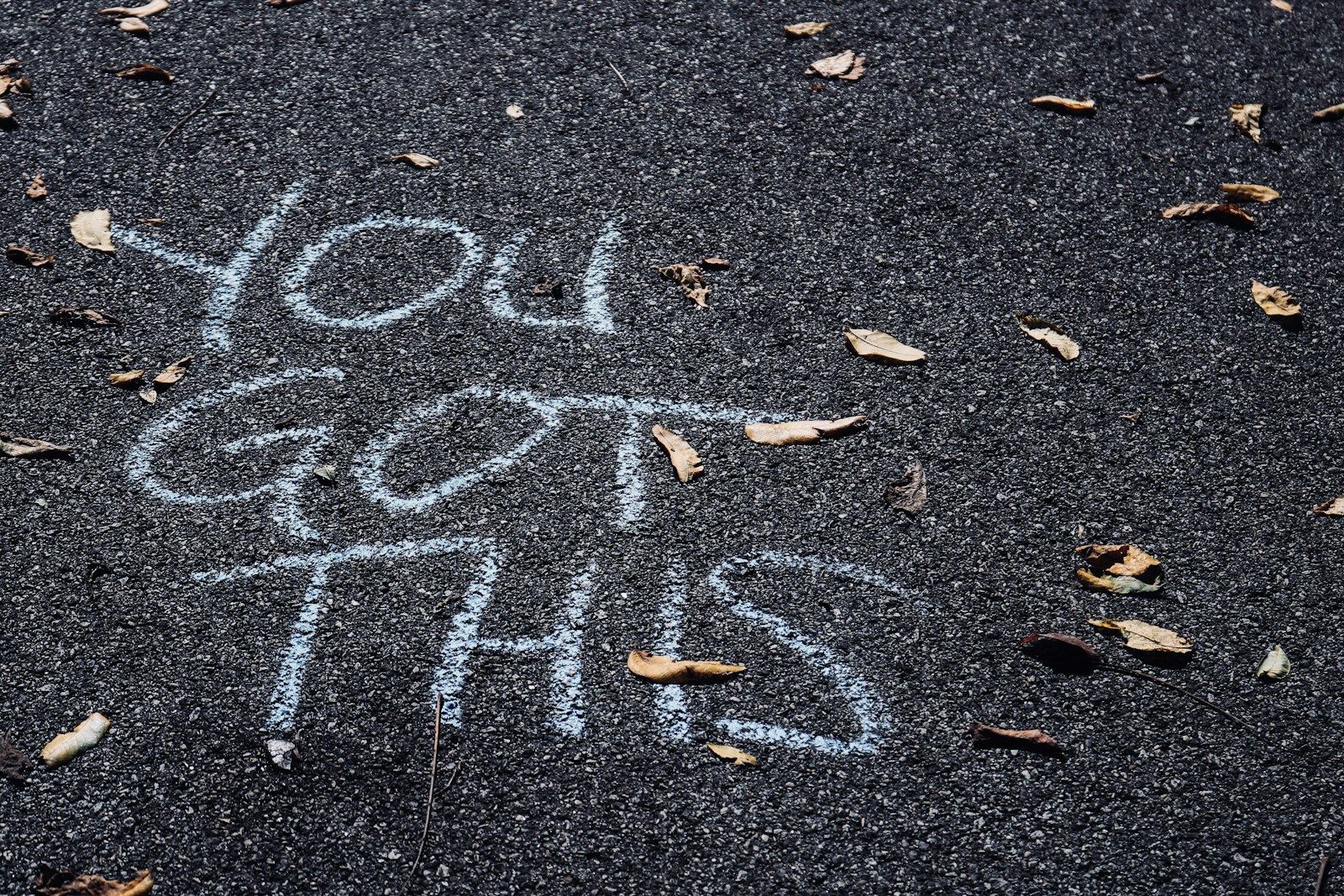Have you ever experienced that magical moment when learning something new suddenly shifts from feeling like hard work to becoming almost effortless? When your mind stops trudging and starts soaring? It's like crossing an invisible threshold where curiosity ignites capability, and everything you learn seems to multiply what you already know.
I call it the learning flywheel – that extraordinary transition when your questions become more powerful than your answers. This isn't just another learning theory; it's the difference between trudging uphill and catching a rocket ship.
From Novice to Navigator: My AI Journey
I came into the field of generative AI – like most people do – as a complete beginner. New terms, new tools, new possibilities. I didn't know what I didn't know. I was firmly in what the Dreyfus model calls the novice stage, following basic instructions and hoping not to break anything.
This reminded me of my early days consulting in Queensland's mining sector. I remember standing at the edge of a massive open-cut operation, overwhelmed by the complexity and scale, clutching my HR manual like a lifeline. The distance between that moment and confidently navigating site operations seemed impossibly vast.
Then came the shift. Slowly, I began picking up confidence. I was no longer a passive consumer of information – I was starting to make sense of the space. The shift from conscious incompetence to conscious competence is, in my view, one of the most exhilarating parts of any learning journey. You feel a bit clumsy still, but the gears are turning. The machine is warming up.
And then – something takes flight.
The J-Curve of Learning: When Momentum Kicks In
There's a moment when learning seems to take on a life of its own. Across different domains – from mastering a musical instrument to developing coding skills – experienced teachers and learners often observe this tipping point. It's that sweet spot where your foundation becomes strong enough to support rapid growth. You go from making incremental progress to accelerated capability. It's not a smooth upward slope – it's a sharp curve, like a J-curve.
And if you stay with it, it turns into something even more powerful: a flywheel.
-
- Every insight unlocks the next
- Every tool opens a new door
- Your curiosity becomes your capability
- Your capability fuels more curiosity
It's a self-reinforcing loop that gains momentum. That's why I call it a flywheel. It starts off slow, but once it's spinning, it has enormous momentum.
In Australian organisations, this principle applies just as powerfully to collective learning as to individual development. At one energy company where I consulted, we saw a team of maintenance engineers transform from procedure-followers to innovative problem-solvers over six months, ultimately reducing downtime.
Learning to Learn (Again): The Meta-Cognitive Breakthrough
One of the most profound moments in this journey is when you start learning about learning. That's what scholars call meta-cognition – the ability to reflect not just on what you're learning, but how you're learning. You start to see the architecture of your growth. You become a designer of your own development.
With AI tools, that experience is magnified.
I remember a moment – just a few weeks ago – where I asked GPT how to improve the quality and consistency of our work together. Rather than just giving me a better output, it walked me through a quality control process. It was like being handed the operating manual for my own learning system.
And then I thought: this isn't just about AI. This is about how we learn anything deeply and meaningfully.
The Accordion Effect: Expansion and Contraction in Learning
Learning rarely progresses in a straight line. Like an accordion, it expands and contracts. During expansion phases, we gather information, explore widely, and generate possibilities. During contraction, we synthesise, refine, and consolidate our understanding.
In highly unionised environments like Australia's energy sector, I've observed this accordion effect at the organisational level. A safety initiative might begin with expansive consultation and idea generation, followed by a contraction phase where protocols are formalised and standardised. The most effective organisations don't resist this rhythm – they harness it.
From Linear to Exponential: The Role of Double-Loop Learning
Chris Argyris talked about something called double-loop learning – the idea that true growth doesn't just happen by tweaking actions within an existing framework. True growth happens when you question and reshape the very framework itself.
That's what I've found in this journey. At a certain point, I stopped just trying to do things better. I started asking: Are we doing the right things in the right way? What assumptions are we making? Can we change the game, not just play it better?
This approach transforms not just individual capability but entire organisational systems. One mining client in Queensland used this approach to reimagine their entire apprenticeship program, creating a learning ecosystem that reduced training time while improving safety outcomes.
Learning Stages: From Struggle to Flow
| Learning Stage | Emotional Experience |Behaviours |Productivity |
| Novice | Uncertainty, anxiety | Following instructions | Low, deliberate |
| Competence | Growing confidence | Pattern recognition | Steady improvement
| Flywheel | Flow, excitement | Creative application | Exponential growth |
Why This Matters: Beyond Technology to Life Mastery
This isn't just about AI or technology. It's about any domain where learning matters – which, to be frank, is just about everything these days.
The flywheel concept applies to numerous domains:
-
- Leadership development - Moving from management mechanics to strategic influence
- Business building - Transitioning from startup chaos to scalable systems
- Coaching mastery - Progressing from following frameworks to intuitive guidance
- Life transitions - Navigating new phases with increasing confidence and wisdom
- Skills acquisition - Transforming from awkward practice to natural performance
The trick is staying with it long enough to hit that flywheel phase. Systems theory tells us that breakthrough innovation often occurs at "the edge of chaos" – that sweet spot between order and disorder where adaptive complexity flourishes. Your learning flywheel operates in precisely this zone.
The Zone of Productive Struggle: Finding Your Learning Edge
In education theory, Vygotsky called it the Zone of Proximal Development. It's that magical space where the learning is just hard enough to be a stretch, but still close enough to be achievable – especially with the right support.
That's where I've been lately. Struggling in a good way. Grappling with the complexity of new systems, nudging the edges of my knowledge. And doing it alongside a collaborative tool – like GPT – that not only responds to my questions but provokes better ones.
When we approach learning with wisdom rather than just knowledge acquisition, we remain open to discomfort and uncertainty – essential conditions for breakthrough growth.
Different Curves for Different People: Honouring Learning Diversity
Not everyone's learning curve looks the same. Some people rise steadily. Others, like me, seem to simmer for a while before launching into orbit. I think that's why it's important to recognise the emotional experience of learning – the humility, the doubt, the grit, and then the wonder.
When the flywheel kicks in, it doesn't feel like hard work anymore. It feels like play. Like flow. Like fuel.
5 Ways to Accelerate Your Learning Flywheel
Ready to kick-start your own learning flywheel? Here are five practical approaches:
- Build a personal knowledge management system - Use tools like Notion or Obsidian to capture insights and connections between ideas. This practice of capturing and connecting thoughts creates a powerful external brain that builds on itself over time.
- Embrace productive failure - Set aside "experimental time" where you deliberately try approaches that might not work. My Queensland mining clients found that teams who celebrated learning from mistakes consistently developed more innovative solutions to complex problems.
- Find your learning community - Join or create a group of fellow learners in your field. In my experience coaching leadership teams, those who regularly shared insights with peers progressed noticeably faster than those who worked in isolation.
- Practise deliberate reflection - Schedule weekly review sessions to assess what you're learning and how you're learning it. The simple question "What surprised me this week?" can unlock powerful insights about your own learning patterns.
- Use the accordian technique - Alternate between broad exploration and focused consolidation. For example, spend three days gathering diverse ideas, then two days synthesising them into practical applications. This rhythm of expansion and contraction mimics how our brains naturally integrate new knowledge.
Closing Reflection: From Curiosity to Capability
If you're in the early stages of learning something new – stick with it. You may not feel the momentum yet. You might even feel awkward, underqualified, or overwhelmed. But keep going.
Ask better questions. Seek good support. Reflect on what you're doing and why. And watch for that tipping point – when the curve starts to bend upward and the flywheel begins to spin.
Because once it does, you won't just be learning more – you'll be learning faster, deeper, and better. And that changes everything.
Your thoughts, as always, are welcome. Where have you seen this flywheel effect in your own growth? How do you stay in the zone of productive learning without burning out or giving up? I'd love to hear your stories and insights in the comments below or connect with me directly to continue the conversation.
______________________________________________
References
Argyris, C. (1991). Teaching smart people how to learn. Harvard Business Review, 69(3), 99-109. https://hbr.org/1991/05/teaching-smart-people-how-to-learn
Dreyfus, S. E., & Dreyfus, H. L. (1986). Mind over machine: The power of human intuition and expertise in the era of the computer. Free Press. https://www.amazon.com.au/Mind-Over-Machine-Intuition-Expertise/dp/0029080614
Vygotsky, L. S. (1978). Mind in society: The development of higher psychological processes. Harvard University Press. https://www.amazon.com.au/Mind-Society-Development-Psychological-Processes/dp/0674576292





0 Comments